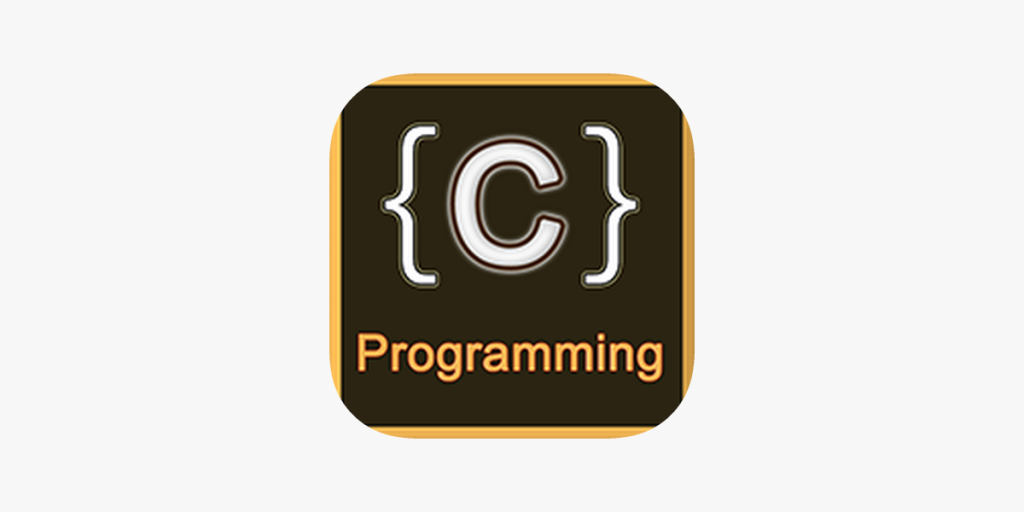Learn about Control Statements and Constants in C Programming
3 min read
Last Updated on March 4, 2022 by Jonathan Lopez
C is a procedural computer programming language developed by Dennis Ritchie between 1972 and 1973. C can be used to develop software such as databases, operating systems, compilers, and many more. C language can also be an excellent programming language for beginners.
C programming language is a must-know for students and working professionals who want to become better Software Engineers, especially if they work in the Software Development field. C was the first used for system development, namely for the programmes that make up an operating system. C was chosen as a system development language because it generates code that executes nearly as quickly as assembly language code.
Applications of C Programming
- Operating Systems
- Language Compilers
- Assemblers
- Text Editors
- Language interpreters
Benefits of C Programming Language
Here are a few reasons why programmers choose the C language for running a program:
- Structured language.
- It is very easy to understand and learn.
- It also generates very efficient programs.
- It helps you handle various low-level activities.
- The compilation of C programs can occur on various computer programs.
Facts About the C Programming Language
- The C language came into existence for writing an OS known as the UNIX operating system.
- This language is the successor of the B language, which came into existence in the early 1970s.
- The ANSI (American National Standard Institute) formalized this language in 1988.
- The creators of this language have totally written the UNIX OS in C.
- As of today, the C language is the most popular and widely used programming language.
- Programmers have implemented a majority of the futuristic, avant-garde tools and software using the C language.
Control Statements in C Programming
Control statements used in the C language facilitate a user to specify a program control’s flow. A control statement in C also helps to determine whether other statements will be executed. It also allows users to specify the order of execution of the instructions present in a program.
The advantages of statements are mainly:
- It makes it possible for the user to program certain decisions
- Perform various tasks repeatedly
- Jump from any one section of the code to a different section
Types of Statements
- If statement
- Switch Statement
- Conditional Operator Statement
- Goto Statement
- Loop Statements
Constants in C Programming
A constant in C programming is a value or variable that can’t be changed in a programme. It is very similar to variables in the C programming language, but during execution of a programme it can hold only a single variable. It means that once the value is assigned to the constant, it can’t be changed throughout the execution of the programme.
There are many types of constants in C programming. The two major categories are:
- Primary Constants
- Secondary Constants
Types of Constants in C
| Type of Constants | Data type | Example of Data type |
| Integer constants | int | 23, 738, -1278, etc. |
| unsigned int | 2000u, 5000U, etc. | |
| long int, long long int | 325,647 1,245,473,940 | |
| Floating-point or Real constants | doule | 500.987654321 |
| float | 20.987654 | |
| Octal constant | int | Example: 013 /*starts with 0 */ |
| Hexadecimal constant | int | Example: 0x90 /*starts with 0x*/ |
| character constants | char | Example: ‘X’, ‘Y’, ‘Z’ |
| string constants | char | Example: “PQRS”, “ABCD” |






